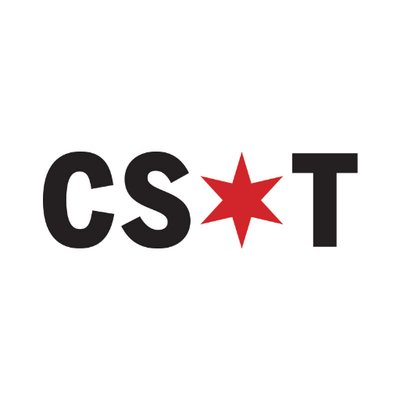


Cook County resident Amy Medina-Quevedo recently received an unexpected letter in the mail.
The letter said Medina-Quevedo, who has Type 1 diabetes, would receive relief for her medical debt through Cook County’s Medical Debt Relief Initiative.
The 32-year-old Palatine resident was relieved of $325 in debt dating back to 2014-16. Medina-Quevedo has been paying off medical bills and debt since her diagnosis in 2010.
This program uses federal money from the American Rescue Plan Act to erase medical debt for Cook County residents in partnership with the nonprofit RIP Medical Debt.
“When I did receive the letter from RIP Medical Debt, it brought me a sense of hope,” said Medina-Quevedo, joining a Wednesday news conference by phone.
Over 72,000 Cook County residents will receive letters like Medina-Quevedo’s. The program has erased $25 million in medical debt, and that number will reach nearly $80 million, Cook County Board President Toni Preckwinkle said during the news conference. The remaining $54 million will be erased over the next few weeks.
Amy Medina-Quevedo is a recipient of debt relief through the Medical Debt Relief Initiative. Her photo was displayed at the news conference announcing $80 million in medical debt cancellation.
Catherine Odom/Sun-Times
Canceling $80 million of debt cost about $800,000, Preckwinkle said, leaving over $10 million to continue to wipe out debt for Cook County residents. She said the program aims to abolish $1 billion of medical debt.
To qualify for this program, individuals must live in Cook County, have incomes up to 400% of the current Federal Poverty Guidelines or have debt totaling 5% or more of their annual income.
“Families, finances and futures can be changed by giving people a chance to clear up their debt,” Preckwinkle said. In Cook County, 14% of households have medical debt, impacting minorities “disproportionately,” Preckwinkle said.
RIP Medical Debt pays hospitals and health care providers about $1 for $100 worth of unpaid medical bills, CEO Allison Sesso said. Then, the hospital stops attempting to collect that debt.
Sesso said RIP Medical Debt is the only nonprofit that takes this approach.
A sample of a debt relief letter and a map showing the 10 Cook County ZIP codes with the most medical debt.
Catherine Odom/Sun-Times
“Health care providers like the ones here today work with us because they understand that medical debt is fundamentally hurting people,” Sesso said. “It’s undermining their mission to provide health and well-being for individuals.”
The stress medical debt causes can lead to a variety of mental and physical health concerns, Sesso said. When people are notified that their debt has been relieved, often “they are brought to tears,” she said.
Cook County residents cannot apply for this program. Recipients will simply receive a letter in the mail indicating their debt has been canceled, Sesso said.
Not only does relieving medical debt ease an emotional and physical burden on customers, but it also helps the hospitals, said Ngozi Ezike, the CEO and President of Sinai Chicago and the former director of the Illinois Department of Public Health.
“Removing medical debt not only addresses inequity,” Ezike said, “but it also improves the financial stability of institutions like Sinai that are dedicated to providing that care in the communities that need it most.”
